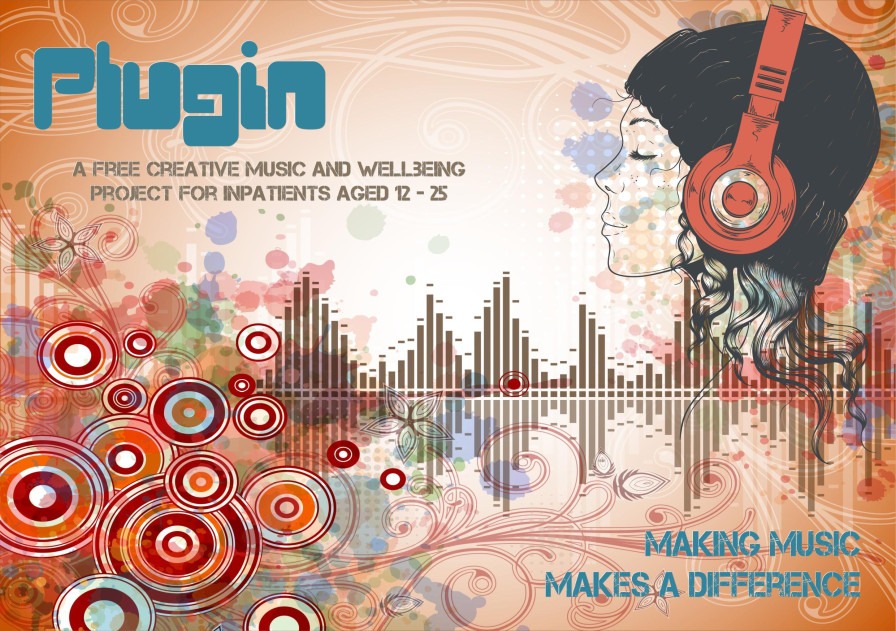Leading questions and the importance of language in music creating sessions with young participants by Joe Jackson (Young Music Leader on Quench Arts’ Plugin project)

For people who are coping with life’s complexities, expression is often the key to healing and language becomes more than just a means of communication—it becomes a powerful tool for understanding, guiding, and supporting young individuals through their struggles. Within the context of songwriting sessions, where words are crafted into melodies and emotions are woven into lyrics, the importance of language takes on an even greater significance. To allow someone to express themselves, it is important to ask the right types of questions.
One of the fundamental aspects of language in these sessions is the use of leading questions. Leading questions can serve as a double-edged sword, capable of either nurturing authentic expression or inadvertently shaping responses. When seeking genuine opinions and emotions from young people, it is crucial to avoid leading questions that may steer them towards a particular answer or sentiment. Instead, creating a safe space where they feel comfortable expressing themselves freely is paramount. Open-ended questions, which encourage reflection and personal interpretation, can facilitate this process. For instance, rather than asking, "Don't you feel happy when you're with your friends?" one could inquire, "How do you feel when you're with your friends?” The former question encourages the respondent to agree with you but it doesn’t encourage much room for their own interpretation. The latter question will invoke a response that is genuine to the respondent. Not only does this encourage self-expression, it also helps you as a facilitator to understand the condition of the person you are talking to without your own spin on it.
Conversely, there are instances where using leading questions strategically can guide the session towards productive outcomes. In songwriting sessions, where the goal may be to channel emotions into creative expression or explore specific themes, gentle guidance through leading questions can be beneficial. These questions can help steer the conversation towards relevant topics without imposing preconceived ideas. For instance, when beginning writing with a new participant, you could ask them “what is your favourite place?” This can prompt the individual to delve into personal experiences and emotions that may inspire song lyrics. This can be a great topic for a participant who is new to songwriting. As a facilitator, you are leading the lyrics to be written about a positive experience that is unique to the participant. You can help someone reflect on something that they love and it will typically evoke a happy memory of a time with family or friends.
Regardless of the type of question used, the effectiveness of communication in music creation sessions extends beyond mere verbal exchange. Body language plays a crucial role in creating an environment of trust and safety. As a facilitator, maintaining open body language—such as making eye contact, nodding attentively, and mirroring positive expressions—can convey empathy, understanding, and non-judgmental support. This non-verbal communication reinforces the message that the individual's thoughts and feelings are valued and respected.
In conclusion, the significance of language in music creation sessions cannot be overstated. From the careful selection of questions to the cultivation of open body language, every aspect of communication contributes to the effectiveness of the therapeutic process. Be attentive for the right time to ask leading and non-leading questions and listen properly when you are given an answer. By fostering a safe, supportive environment where young individuals feel empowered to express themselves authentically, language becomes a bridge to healing, resilience, and self-discovery.
